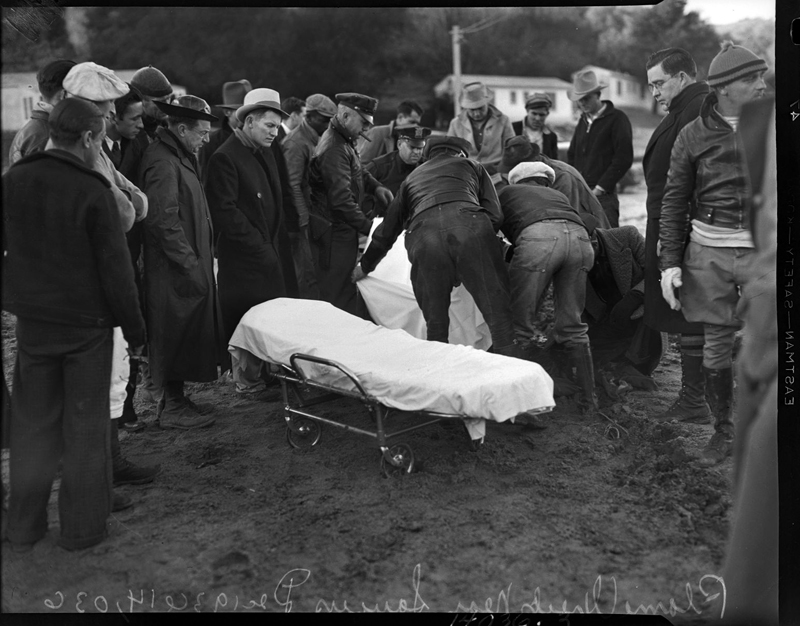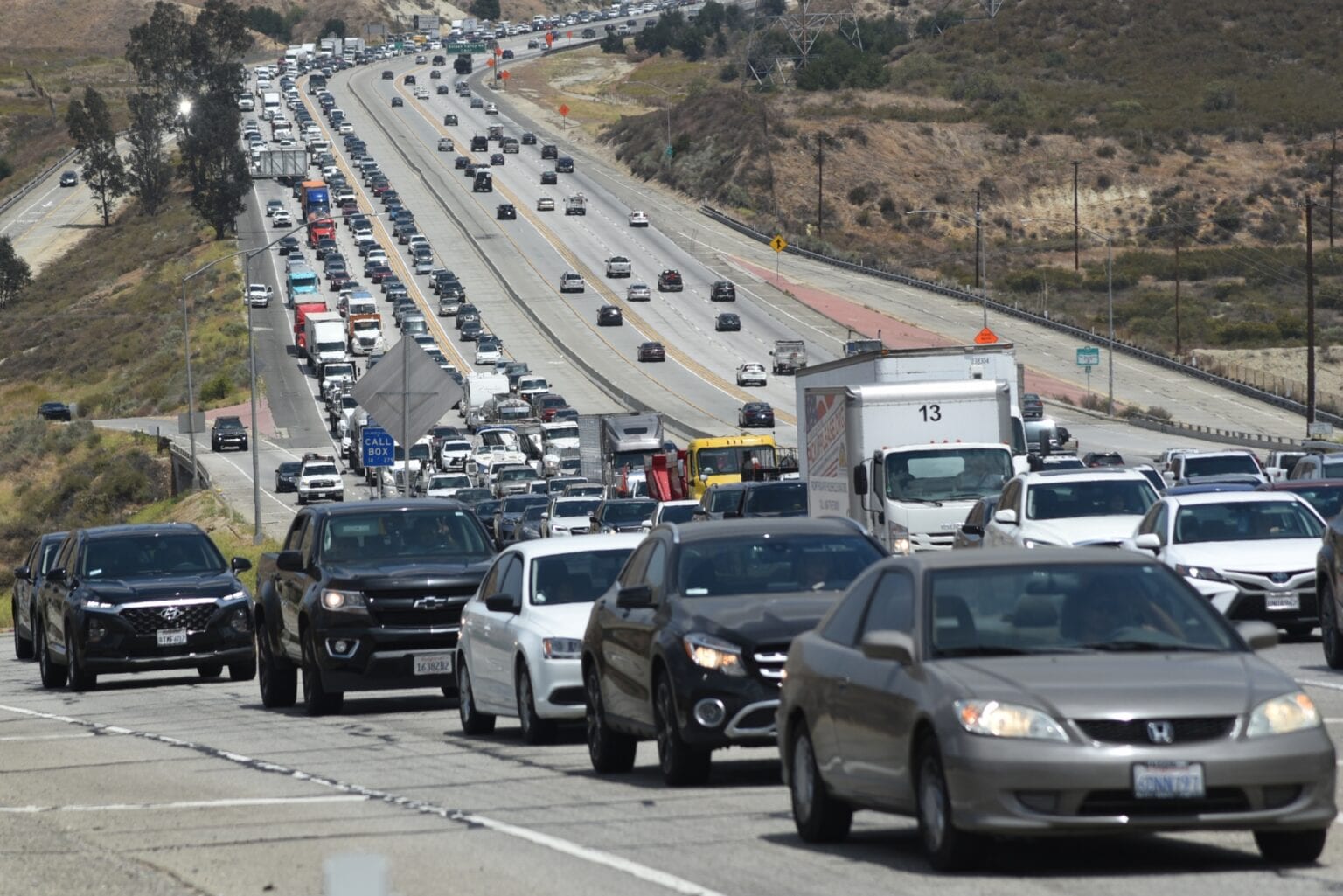State and federal agencies are joining forces to educate California residents on free tools to check the recall status on their vehicles and have any open recalls fixed.
This simple step is especially critical for the roughly 700,000 vehicles in California that still have defective, potentially deadly airbags almost a decade after the largest automotive recall in history.
The Office of Traffic Safety, New Motor Vehicle Board, California New Car Dealers Association, National Safety Council, and Automobile Club of Southern California joined together during a news conference today at the Cerritos Auto Square in a continuing effort to alert vehicle owners of the urgent safety risks of unchecked recalls and that they are free to repair.
The important message to “check to protect” the recall status of vehicles comes nearly 10 years since the start of the largest and most complex safety recall in automotive history, covering more than 67 million affected vehicles worldwide. Referred to as the “Takata Airbag Recall” for the name of the now bankrupt parts supplier, the airbag cannisters in defective airbag inflators could explode and spray sharp metal fragments toward the driver and passengers – like shrapnel from an exploding grenade. The defective airbags have killed 27 people in the U.S., including four California residents, and caused more than 400 injuries nationwide.
Since the Takata Airbag Recall started in June 2014, California has more vehicles still with defective airbags than any other state – roughly 700,000 vehicles, according to the NSC – posing a potentially life-threatening safety risk. More than half of California vehicles with defective airbags are in Los Angeles (more than 200,000), Riverside (more than 90,000) and Sacramento (more than 60,000).
“The Takata Airbag Recall has helped make lifesaving repairs on millions of vehicles, but after nearly 10 years there are still more than a half a million vehicle owners in California who might not be aware they are driving an unsafe vehicle,” OTS Director Barbara Rooney said. “We are joining forces to intensify our efforts so every Californian knows there is an easy way to check if their vehicle has an open safety recall – CheckToProtect.org – and that, if it does, it is free and easy to get it fixed.”
Certain vehicles made between 2000-2010 are considered especially high risk of Takata defects that they now have a “do not drive” warning, underscoring the urgency to have car owners check for recalls.
“If your vehicle has an open safety recall, don’t wait – schedule to get it fixed for free at a local dealership right away,” NMVB Executive Director Tim Corcoran said. “Car dealerships are obligated to repair any recall free of charge, whether you purchased your vehicle there or not. We want California drivers to understand the urgency to get your recall fixed as soon as possible and that the service is free.”
“The safety of customers and fixing recalls is a top priority,” CNCDA President Brian Maas said. “All of our dealers want to make sure your car is working efficiently and safely any time you are driving.”
“Automobile recalls help ensure that all cars and trucks on our roads are safe to drive, not only for the occupants of that vehicle but also for all other road users who share the roads, including pedestrians,” AAA Senior Public Affairs Specialist Anlleyn Venegas said.
There more than 50 million vehicles in the U.S. with unresolved safety recalls, according to the NSC. With nearly 28 million drivers and 35.8 million registered vehicles – the most of any state – California has the highest number of unrepaired vehicles.
In February, the California Department of Motor Vehicles (DMV) started including vehicle safety recall information on vehicle registration renewal notices for vehicles with open recalls.
Later this month, the DMV will also start issuing notices to the last known registered owners of vehicles on file with defective Takata airbags that have not been fixed. The notice provides resources for scheduling a free repair and information on how to check for any open vehicle recalls.
Due to automakers and even the DMV not always having the most recent vehicle owner data on file, it is critical that vehicle owners use the NSC’s free Check to Protect program to check the recall status of their vehicle online at CheckToProtect.org. The program encourages vehicle owners to check for any open recalls every three months and to schedule free recall repairs as soon as a fix is available. The website allows you to determine if your vehicle is eligible for a free and potentially lifesaving repair by entering the license plate or vehicle identification number.
“Safety on the roadways must be a top priority for everyone,” said Lonny Haschel, senior manager of the Check to Protect program at the National Safety Council. “With millions of recalled vehicles being used every day, it’s important for drivers to make sure the vehicle they are driving is safe. All roadway users – in California and beyond – are safer when vehicle safety recalls are repaired.”
Businesses and other organizations that operate fleets can also conduct bulk recall checks on the NSC website.
All recalls are repaired for free at authorized dealers, regardless of where the vehicle was purchased. For more information on safety recalls, visit CheckToProtect.org.
Like this:
Like Loading...
Related





 Tweet This
Tweet This Facebook
Facebook Digg This
Digg This Bookmark
Bookmark Stumble
Stumble RSS
RSS


























REAL NAMES ONLY: All posters must use their real individual or business name. This applies equally to Twitter account holders who use a nickname.
0 Comments
You can be the first one to leave a comment.